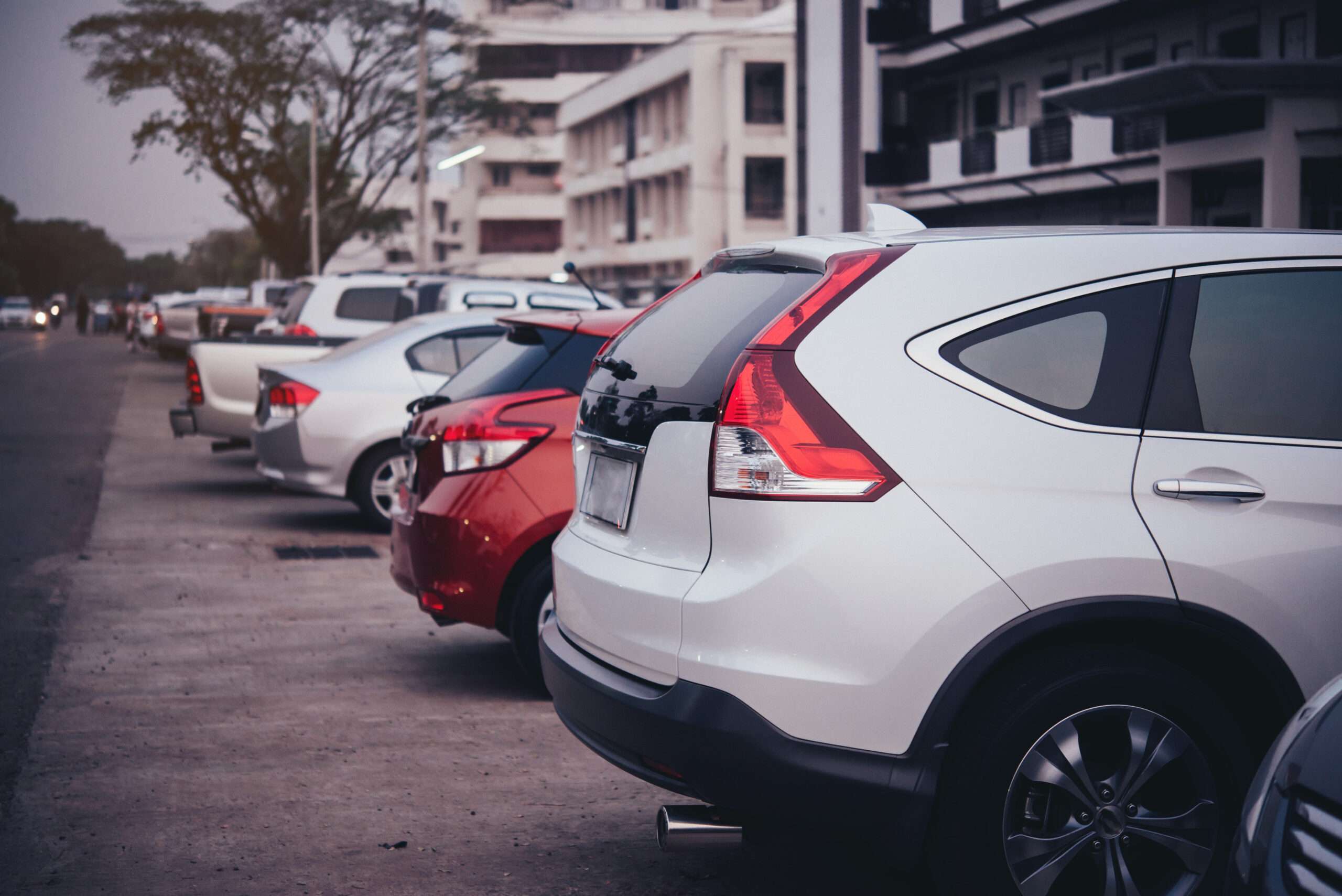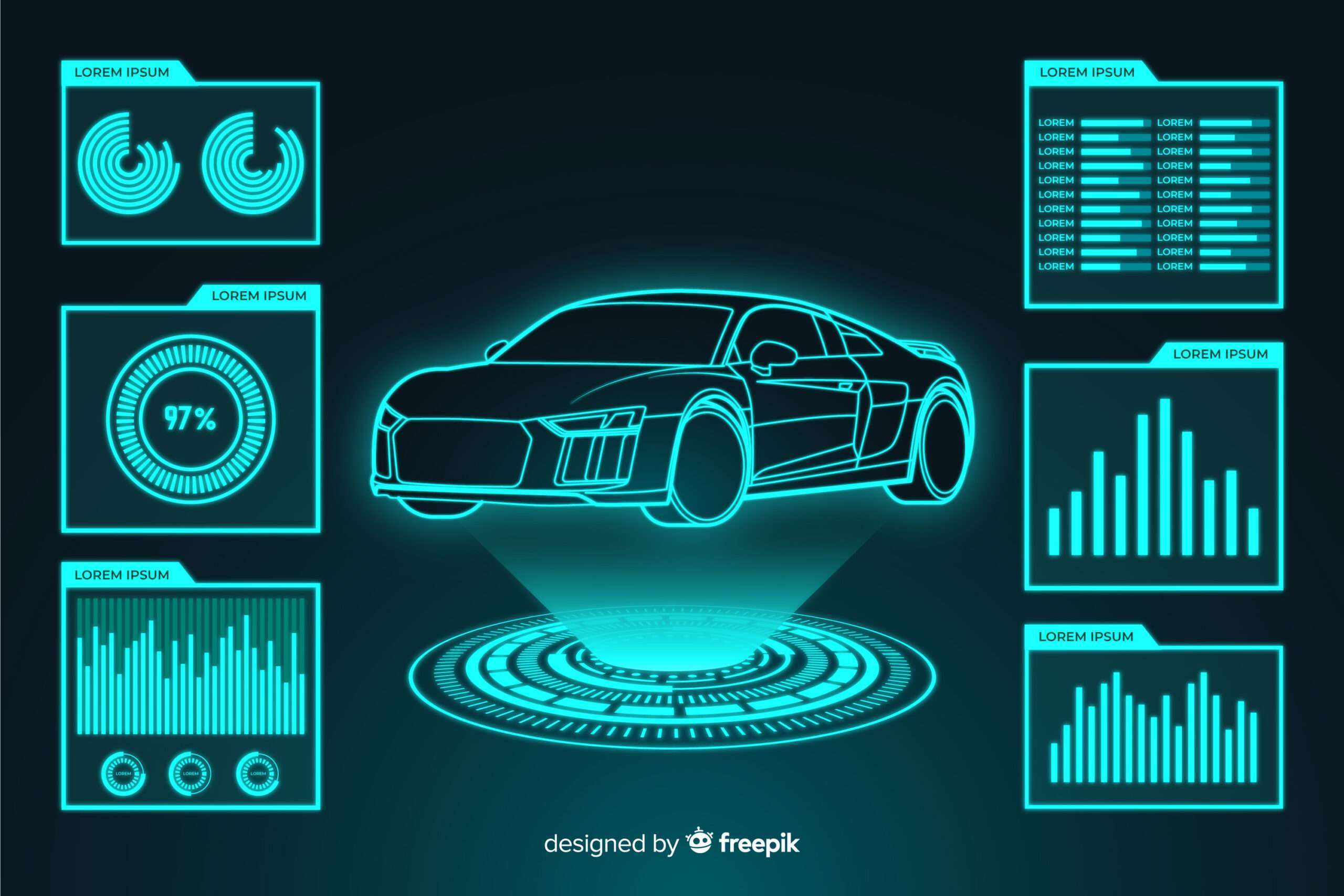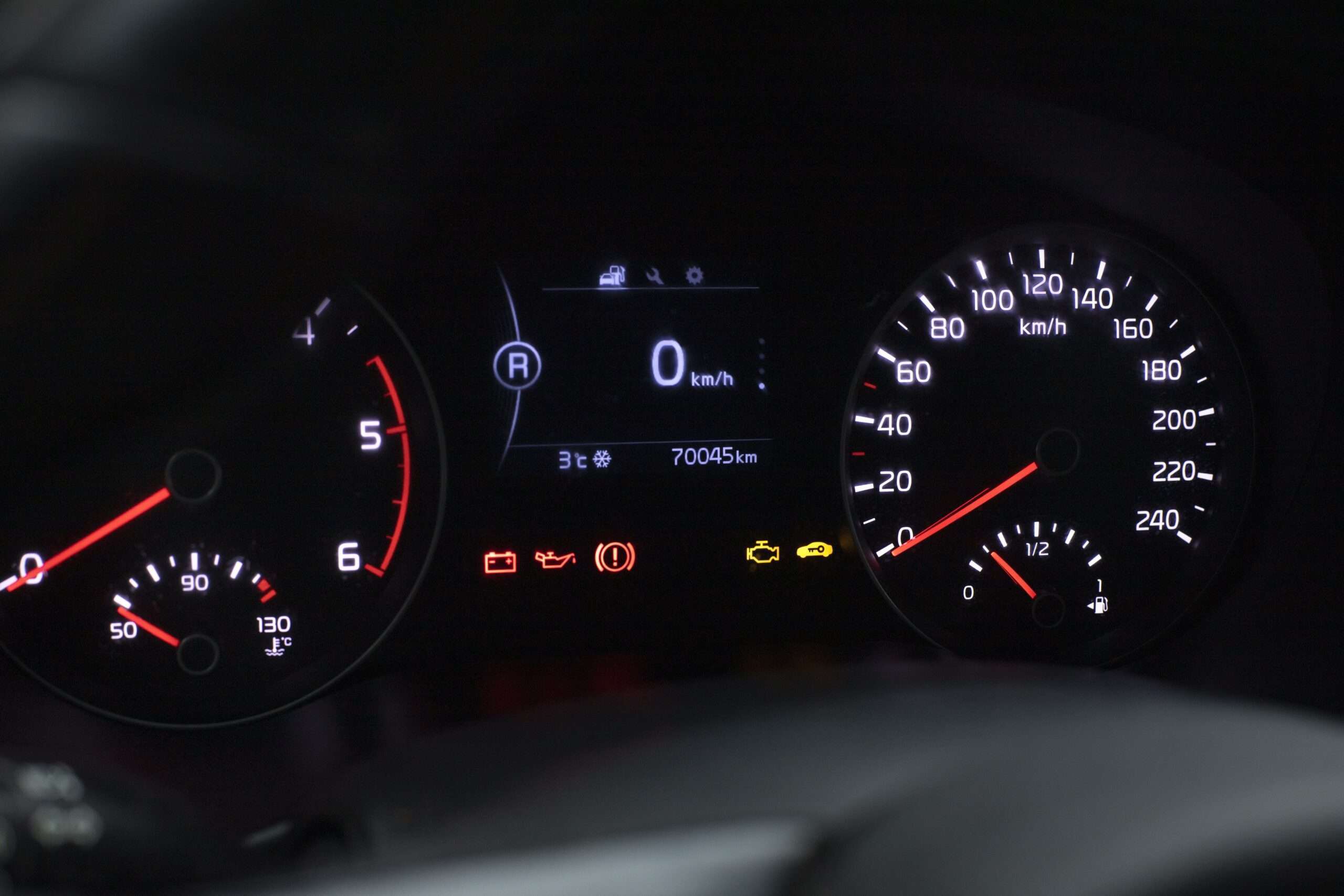Introduction
Car culture has been an integral part of modern civilization, shaping the way people live, work, and interact with one another. Since the invention of the automobile in the late 19th century, cars have evolved from simple machines into powerful symbols of status, freedom, and technological innovation. The influence of automobiles goes beyond transportation; they have affected economic growth, urbanization, environmental concerns, and even popular culture.
From Hollywood films featuring high-speed chases to the global rise of car clubs and motorsports, car culture has cemented its place in society. However, alongside these developments come challenges such as traffic congestion, pollution, and the need for sustainable alternatives. This article explores the worldwide influence of car culture and how it continues to shape societies across the globe.
The Evolution of Car Culture
The journey of car culture began in the late 1800s when Karl Benz introduced the first practical automobile. The early 20th century saw a significant transformation with Henry Ford’s mass production of the Model T, making cars more accessible to the average person.
As car ownership expanded, automobiles became more than just a means of transportation—they represented independence, innovation, and luxury. The post-World War II era saw the emergence of muscle cars in America, while Europe focused on efficiency and design. In Japan, the car industry flourished, introducing reliable and fuel-efficient vehicles. Today, car culture has evolved to include electric vehicles (EVs), smart cars, and autonomous driving technology.
Economic Impact of Car Culture
The automotive industry is one of the largest sectors in the global economy, providing millions of jobs in manufacturing, sales, and maintenance. Countries like Germany, Japan, and the United States have built economies heavily reliant on car production. The success of companies like Toyota, Ford, and Volkswagen highlights how vital the car industry is to economic stability.
Beyond manufacturing, car culture has contributed to the rise of supporting industries, including fuel stations, insurance, car rentals, and ride-sharing services like Uber and Lyft. Additionally, motorsports events such as Formula 1 and NASCAR generate billions of dollars annually, attracting global audiences and boosting local economies.
Social and Cultural Transformations
Cars have long been associated with personal identity and social status. Luxury brands like Ferrari, Rolls-Royce, and Lamborghini symbolize wealth and prestige, while modified cars reflect individuality and creativity.
Music, fashion, and film have also been deeply influenced by car culture. The rock ‘n’ roll era of the 1950s often featured songs about fast cars, while hip-hop artists have long referenced luxury vehicles in their lyrics. Car meets, rallies, and collector clubs have created tight-knit communities where enthusiasts bond over their shared passion.
Urbanization and Infrastructure Development
The widespread use of automobiles has shaped city planning and infrastructure. The development of highways, bridges, and tunnels has been crucial in connecting cities and enabling economic growth. The rise of suburban living in the mid-20th century was largely due to increased car ownership, allowing people to commute from residential areas to urban centers.
However, heavy reliance on cars has also led to issues such as traffic congestion, pollution, and inadequate public transportation in some regions. Cities are now exploring alternative solutions, such as bike lanes, pedestrian-friendly zones, and improved mass transit systems.
Environmental Consequences of Car Culture
The negative environmental impact of car culture cannot be ignored. Vehicle emissions contribute significantly to air pollution and climate change. Oil consumption and car manufacturing processes also have environmental consequences.
To combat these issues, governments and car manufacturers are pushing for sustainable alternatives, including electric and hybrid vehicles. Companies like Tesla, Nissan, and BMW are investing in EV technology to reduce dependence on fossil fuels. Additionally, the rise of car-sharing programs and public transportation improvements aims to lessen the environmental footprint of car culture.
Cars in Entertainment and Media
From James Bond’s Aston Martin to the Fast & Furious franchise, cars have been central to entertainment for decades. Racing films, car-themed video games, and automotive documentaries have fueled public interest in automobiles.
Motorsports, including Formula 1, Le Mans, and rally racing, have captivated audiences worldwide. These competitions not only entertain but also drive technological advancements in the automotive industry.
Technological Advancements in the Automotive Industry
Car culture continues to evolve with technological breakthroughs. Modern vehicles come equipped with AI-assisted driving, GPS navigation, and advanced safety features. The rise of self-driving cars, led by companies like Tesla and Waymo, promises to redefine transportation.
Additionally, smart cars with integrated internet connectivity allow drivers to control various functions through mobile apps. As AI and machine learning continue to advance, the future of car culture will be shaped by automation and connectivity.
The Globalization of Car Culture
Car culture varies significantly across regions. In the United States, large SUVs and pickup trucks dominate the market, while in Europe, compact cars and public transit are more common. In Japan, the “Kei car” category provides small, fuel-efficient vehicles tailored for city driving.
Despite these differences, the global community of car enthusiasts continues to grow. International auto shows, online car forums, and worldwide motorsports events unite car lovers across borders.
The Future of Car Culture
With the increasing shift toward electric and autonomous vehicles, the future of car culture is set for transformation. Consumers are becoming more eco-conscious, prompting car manufacturers to develop greener technologies. Additionally, the concept of car ownership is evolving, with more people embracing ride-sharing and subscription-based vehicle services.
As technology and sustainability become central to the automotive world, car culture will adapt to reflect new values and innovations while still preserving its rich heritage.
Conclusion
Car culture has had a profound influence on societies worldwide, impacting everything from economics to urban planning and entertainment. While the industry faces challenges related to environmental concerns and shifting consumer preferences, its legacy remains strong.
The evolution of automobiles has been a journey of innovation and passion, and as the world moves toward a future dominated by electric and autonomous vehicles, car culture will continue to evolve in exciting and unexpected ways.
FAQs
- How did car culture originate?
Car culture began in the early 20th century with mass car production, making automobiles more accessible to the public. - What are the environmental impacts of car culture?
Car emissions contribute to air pollution and climate change, prompting the push for electric and hybrid vehicles. - How do cars influence pop culture?
Cars play a major role in movies, music, and fashion, often symbolizing freedom, power, and wealth. - What is the future of car culture?
The future includes increased use of electric vehicles, self-driving technology, and alternative transportation solutions. - Which country has the biggest car culture?
The United States, Japan, and Germany are known for their strong car cultures, each with unique automotive traditions.














